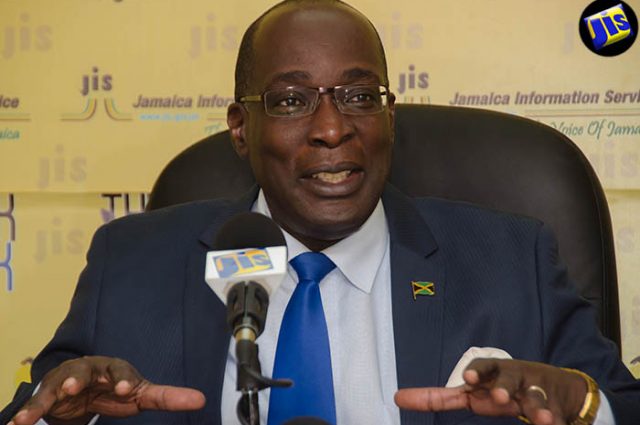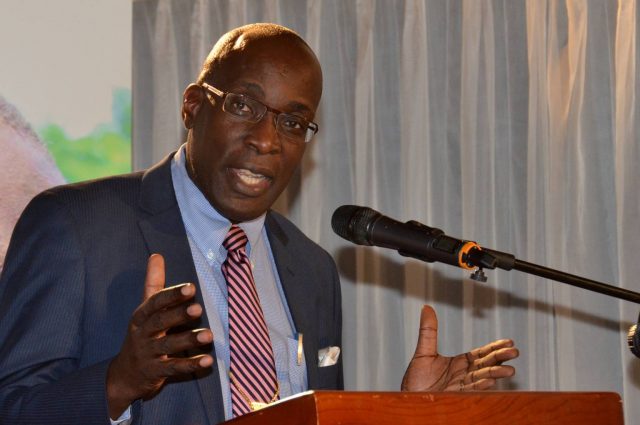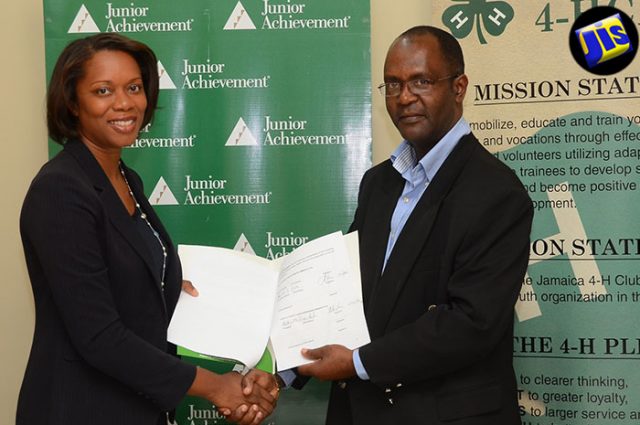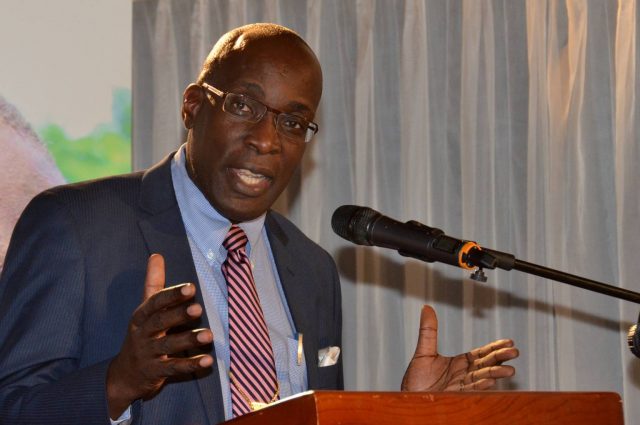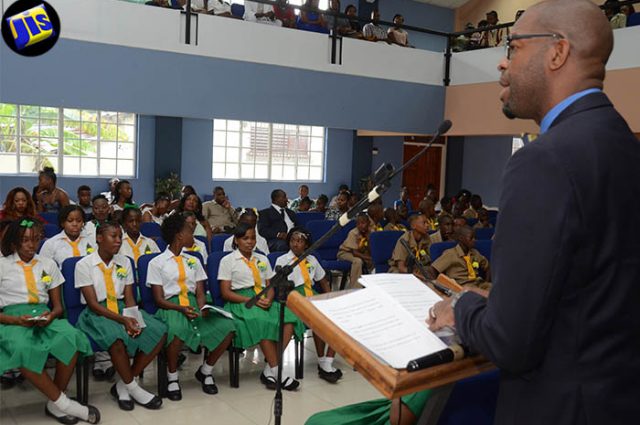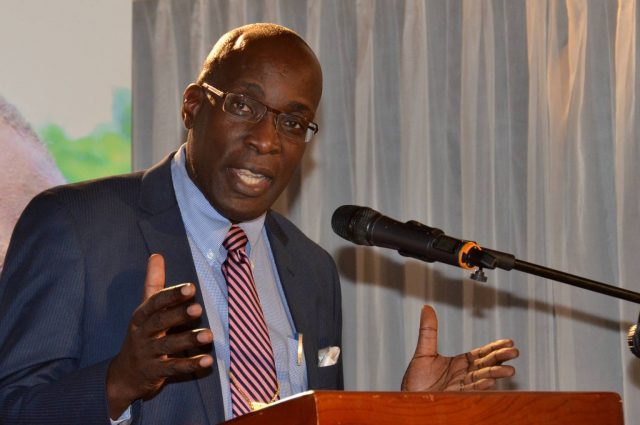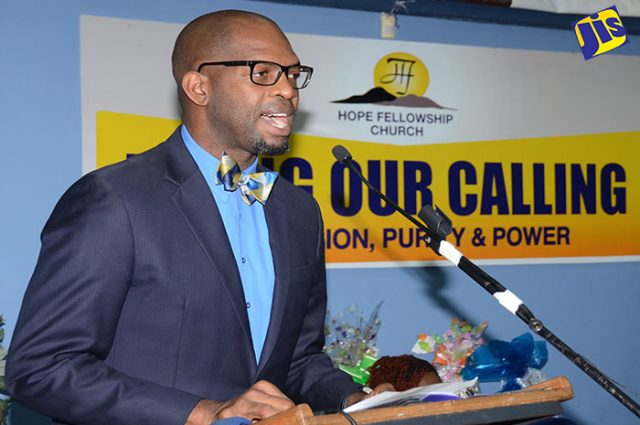The Observer: THE roll-out of the Primary Exit Profile (PEP), which is slated to replace the Grade Six Achievement Test (GSAT), has been rescheduled to the academic year 2018/2019 from a previously announced date of 2017/2018.
Chief education officer in the Ministry of Education, Dr Grace McLean, told reporters and editors at this week’s Jamaica Observer Monday Exchange that come September, the ministry will be rolling out the National Standards Curriculum in grades one, three, four, seven, eight and nine, which should adequately prepare students to sit the exam in March 2019.
“What this means is that the students who are in grade four will commence the new curriculum this year. So we have 2016/17 for grade four, 2017/18 for grade five and 2018/19 for grade six. So you will have the set of grade four students this coming school year being the first group that will be sitting the PEP,” she said.
She explained that PEP is an assessment that will be closely aligned to the National Standards Curriculum.
“It will be focusing more on higher-order thinking, so the students will get an opportunity to review, to synthesise, to evaluate and to apply the knowledge that they would have learnt during the period,” Dr McLean explained.
The approach currently being used for the National Standards Curriculum, according to Dr McLean, is one where the structure of PEP is aligned to the curriculum to create what is known as an assessment tracker.
This, she said, will facilitate the alignment of all the objectives currently in the curriculum with the assessment objectives to make the introduction of the exam a seamless process.
“The curriculum is over three years, but we will have a continuous assessment component of the exam itself. So it means that in grade four they will actually be doing assignments that will contribute to the overall grade that they will be receiving at the end of grade six,” the chief education officer said. “[Regarding] the assessment at grade six, it is proposed that it will be done in March instead of in June and they [students] will be assessed just on the grade six part of the curriculum. So they will not need to be preparing now from grade four to six because they would have done their assessment and will now be graded in grade four and grade five and assessed on the grade six component.”
She explained that approach to the assessment is deliberate in order to allow students to move away from what she describes as “this whole business of recalling what they would have learnt over a three-year period and swatting to go into the exam”, to a point where there is a greater level of understanding.
“We want their preparation for moving to the secondary level to be of such so that they can manage to move on in terms of the social studies, the science, the math and the language,” she emphasised.
With regards to the legitimacy of the assessment, Dr McLean said this July and August the ministry will be training approximately 12,000 teachers to conduct such tasks.
“It is not only the curriculum that will change, but the assessment component because the nature of the questions will be changed. Technical and vocational education is also included,” she stated.
Moreover, Dr McLean said the areas of assessment will remain the same in the form of math, English Language, science and social studies. However, another component, mental ability, will be added to assess the other areas of development of the student.
“It is not only about their academic ability, it is about their awareness and how they understand the context within which the society operates,” she said. “It becomes integrated so the student now has an opportunity to think through a question instead of just applying whatever the knowledge is. It allows students to relax a little more and allows for the different kinds of learning styles, not just those who recall.”
Added Dr McLean: “Understand that there is an alignment: the curriculum is aligned from grades one to three, four to six, seven, eight and nine, so that the students, when they go into grade seven as the research has shown, we do not see a dip in their performance but we see a continuation because of this alignment that will take place. So, we expect — based on the validation from Australia and Singapore as it relates to this curriculum — that we will really get more positive results and of course there will be less stress on our parents and teachers.”
Regarding the reintroduction of civics, Dr McLean said the subject area forms part of the social studies syllabus at grades one to three and will be offered within a particular window to students at grades four to six where they will be timetabled for at least 45 minutes to an hour per week with focus on that component.
Meanwhile, Permanent Secretary in the education ministry, Dr Maurice Smith, said the changes to come for grade four students this September will not affect the cost of books.
“We are doing the costings, but the changes should not result in any significant changes as far as the demands on parents because the content more or less remains the same. We should see maintenance of the same number of books or fall in the number of books but certainly not an increase in the number of books, asthe content remains the same. The big difference is the methodology — how are the children taught? The ministry is increasing its spend on ensuring that schools have the requisite infrastructural provisions to respond to the curriculum demands,” he said.
On the matter of how students will be placed in secondary schools, Dr McLean said there are ongoing consultations from which different options are being presented. On completion, a discussion with the minister and permanent secretary will take place, then whatever decision is taken will go to Parliament before being approved.
She said that as part of the consultations, international study tours have been conducted where other placement mechanisms such as separating the placement from the exam have been looked at.
Dr McLean said this method presents the results before the placement so it does not appear that if a student attains an average of 80 per cent he/she has failed because they were not given the school of choice.


